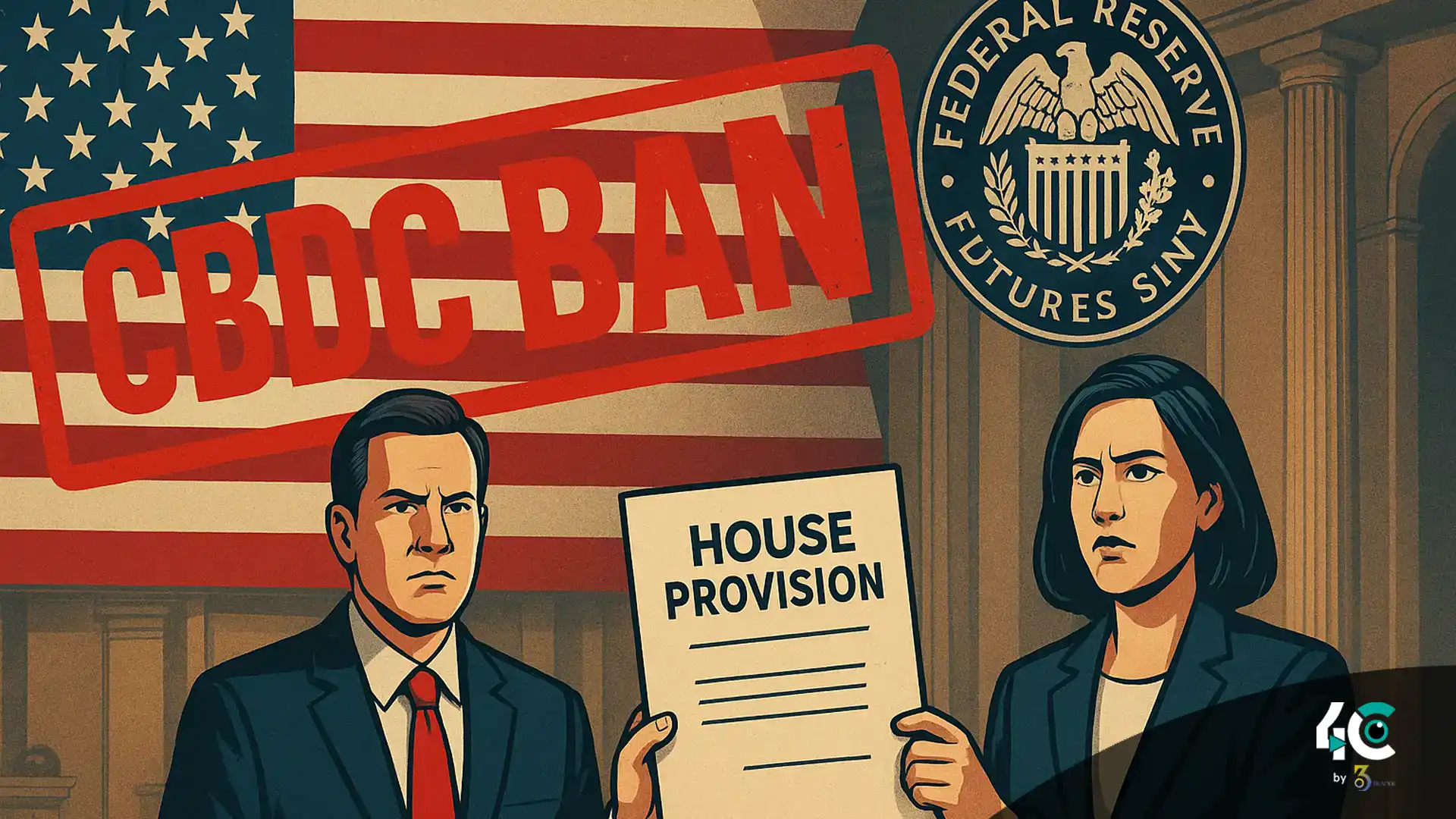CBDC Ban Tied to Defense Spending Bill
On Thursday, the House Rules Committee released an updated version of HR 3838, containing text that explicitly prevents the Fed from creating or testing a digital currency (CBDC).
Congress often frames the NDAA as “must-pass legislation” since it dictates military funding and national security priorities. Lawmakers frequently attach unrelated policy riders, and this year Republicans anchored the CBDC ban within the defense bill to ensure passage.
Political Battle Over CBDCs
In July, after tense internal negotiations with conservative holdouts, Republican leaders pledged to tie the CBDC ban into the NDAA. Several members refused to move forward on other crypto bills until this guarantee was secured.
- House Majority Leader Steve Scalise confirmed the ban’s inclusion, ending a record nine-hour deadlock, the longest such standoff in House history.
- The move follows the House’s earlier passage of the Anti-CBDC Surveillance State Act by a narrow 219-210 vote — though its future in the Senate remains uncertain.
What the Provision Would Do
If enacted, the NDAA’s CBDC language would:
- 🚫 Ban the Federal Reserve from issuing any form of CBDC or digital asset.
- 🚫 Restrict the Fed from directly selling financial products or services to the public.
- 🚫 Prevent the central bank from testing or deploying digital currency systems.
Notably, the bill makes a carve-out for stablecoins, clarifying that the ban does not apply to private, open, dollar-pegged cryptocurrencies.
Also Read: Vietnam’s Military Bank Teams Up With Upbit Parent to Launch Regulated Crypto Exchange
Background and Trump Administration Link
Republicans have long opposed CBDCs, arguing they could threaten financial privacy and expand government control. Representative Tom Emmer has repeatedly introduced the CBDC Anti-Surveillance State Act, though earlier attempts failed to advance.
In January, President Donald Trump doubled down on this stance by signing an executive order signaling opposition to government-backed digital currencies.
What’s Next?
The bill now heads to the U.S. Senate, where the CBDC ban faces stronger opposition. Even if passed, legal and political battles are expected over the Fed’s monetary authority and the future of digital currencies in America.
⚡ Bottom line: House Republicans are betting big by tying the CBDC ban to must-pass defense legislation. But the Senate remains the ultimate hurdle in deciding the fate of America’s anti-CBDC agenda.



























